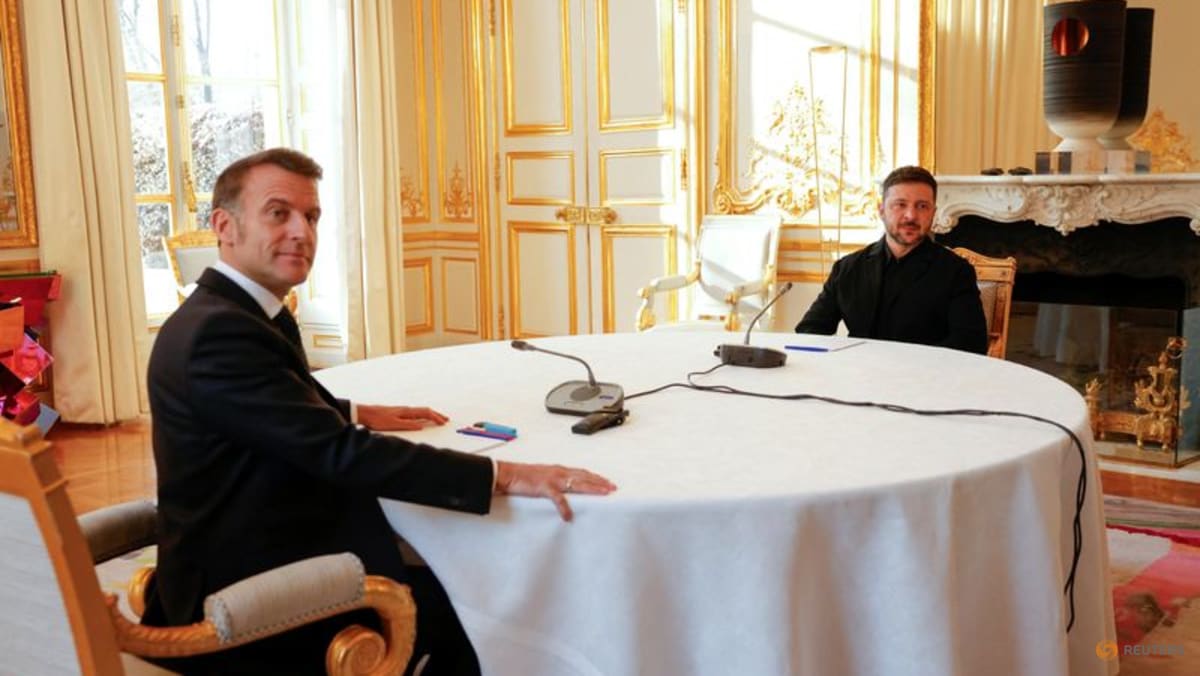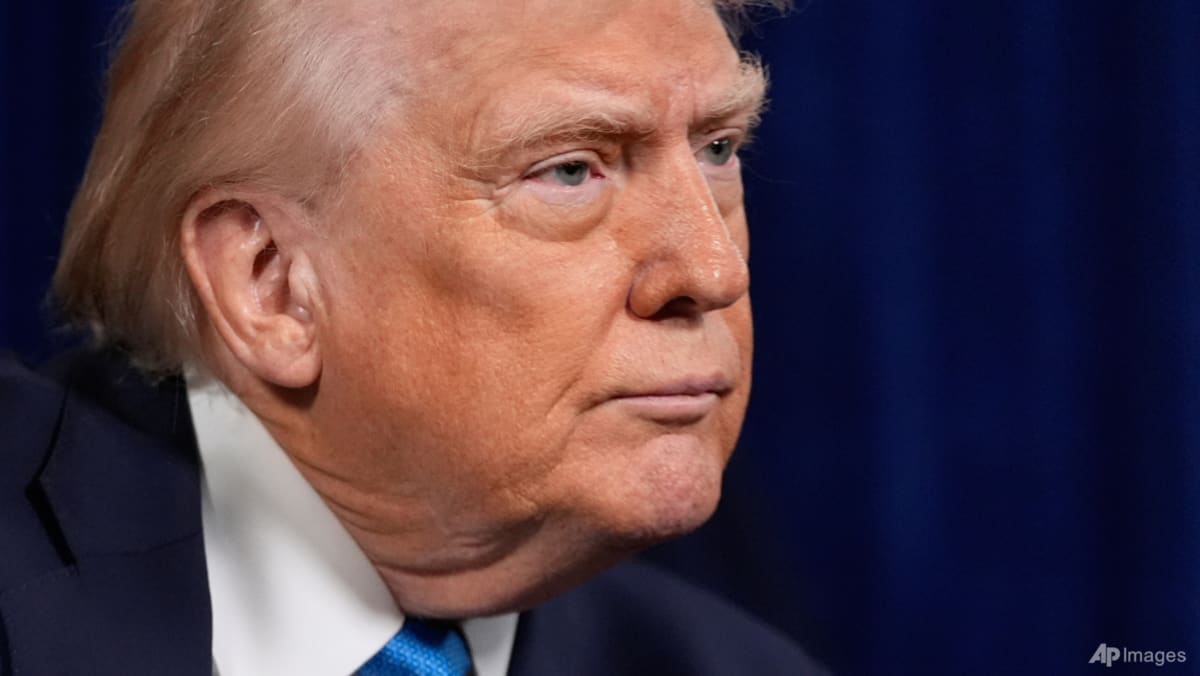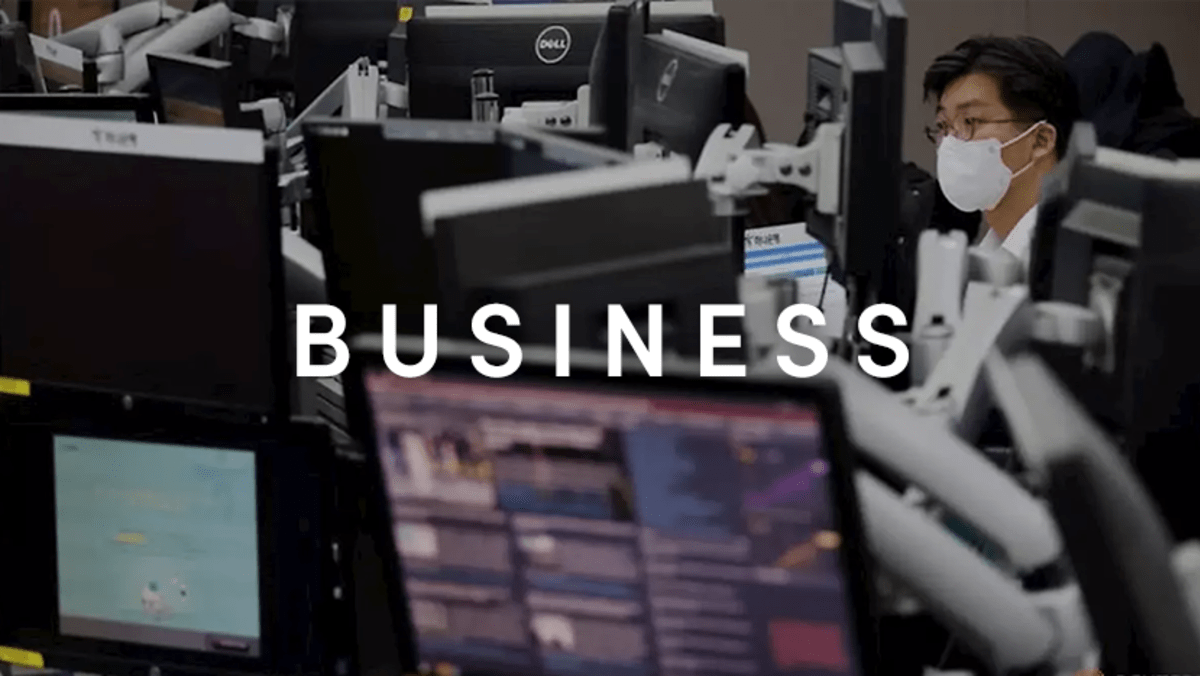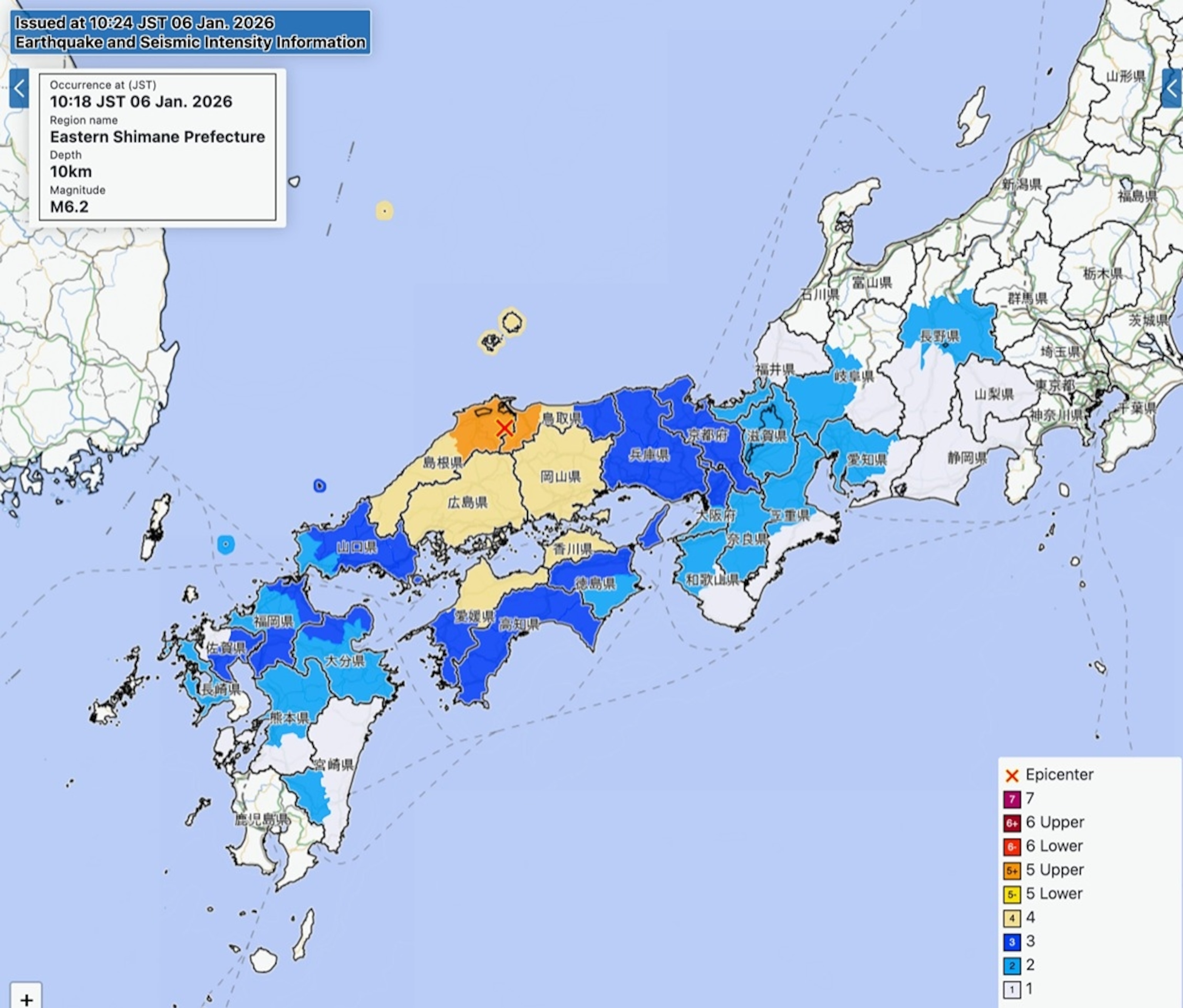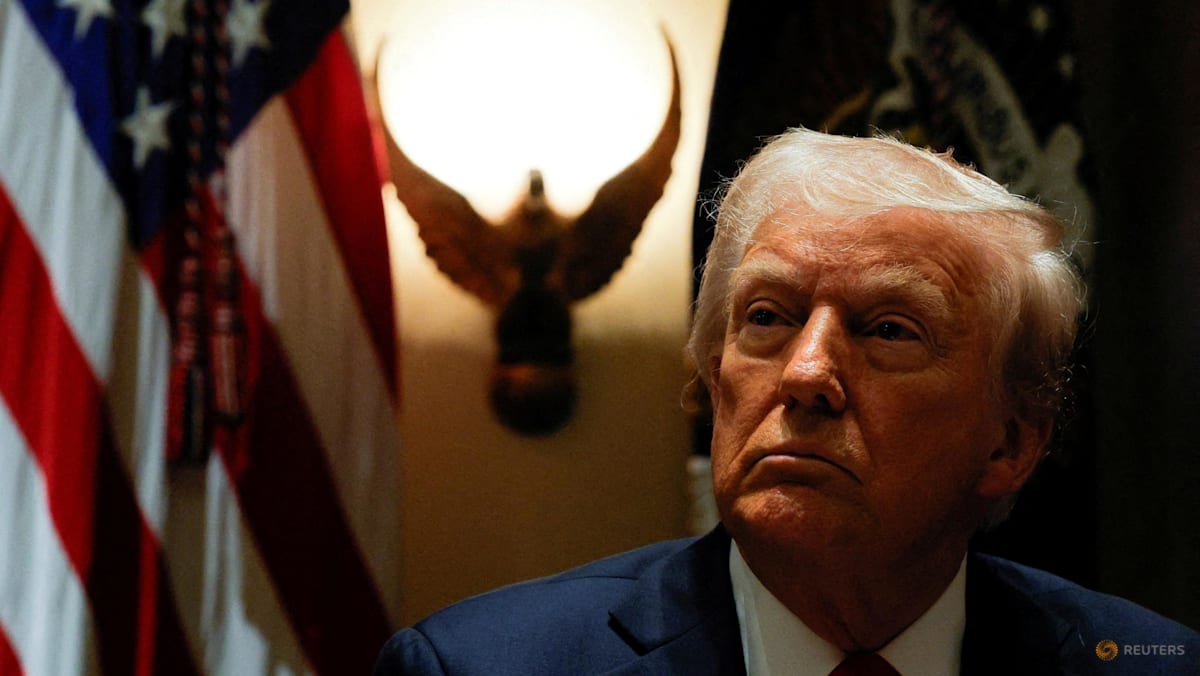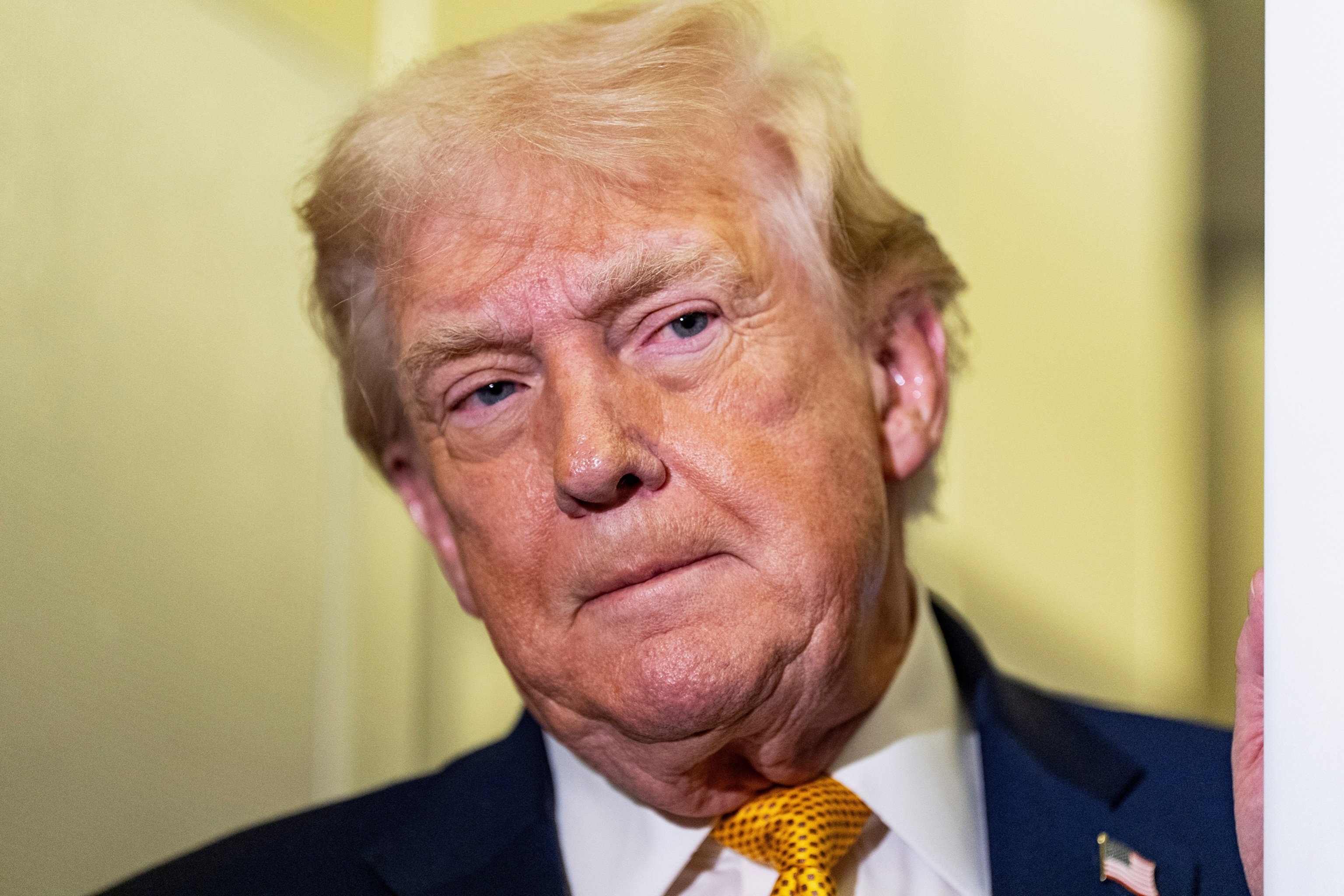Plastic pollution talks: The key sticking points
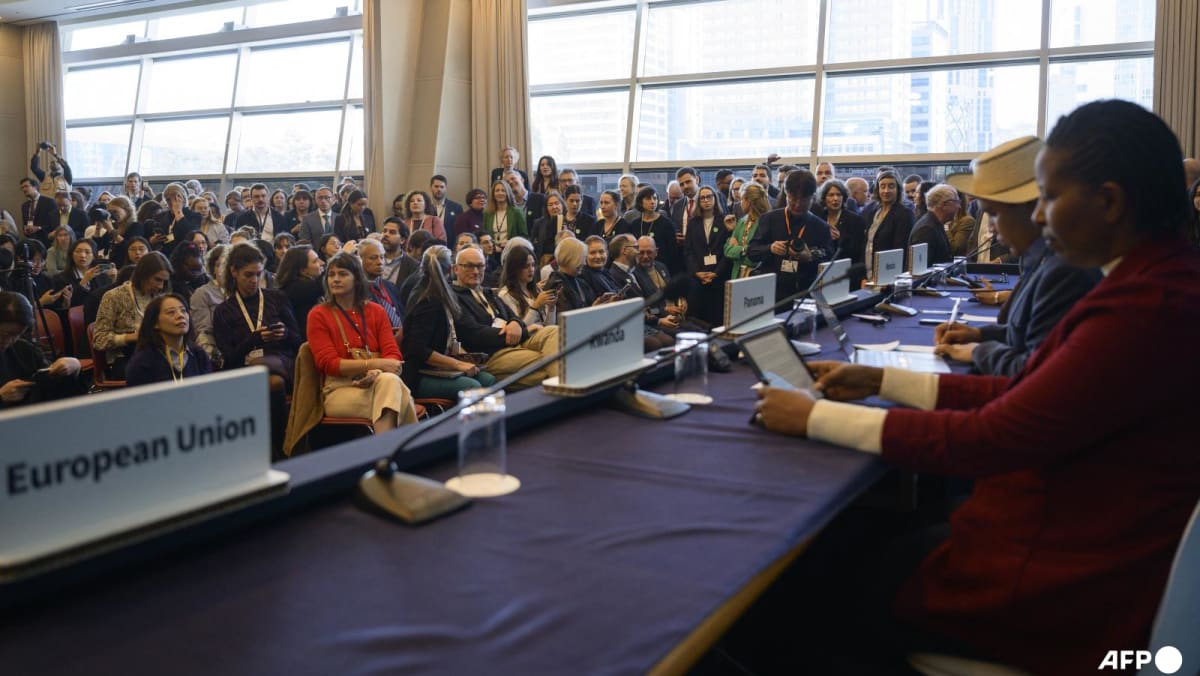
FINANCE
Implementing any treaty will cost money that developing countries say they simply do not have.
An article on financing in the latest draft agreement released on Sunday was full of conflicting possible options, reflecting deep disagreement on who will pay what, and how.
One focus of the talks has been creating a dedicated multilateral fund for the purpose – after the hard-fought battle at COP29 climate talks to extract more finance from developed countries.
But the details are proving complicated.
“As developing countries have repeatedly called for in the past few days, the instrument should respect national differences” and “reflect equity and inclusiveness”, China’s delegate said late on Sunday.
GLOBALLY BINDING?
Will the treaty create overarching global rules that bind all nations to the same standards, or allow individual countries to set their own targets and goals?
This has been another sticking point, with the European Union initially warning that “a treaty in which each party would do only what they consider is necessary is not something we are ready to support”.
On the other side are nations who argue that differing levels of capacity and economic growth make common standards unreasonable.
“There shall not be any compliance regime,” reads language proposed during negotiations by Iran.
Instead, it has urged an “assessment committee” that would monitor progress but “in no way” examine compliance or implementation.
Source: CNA



